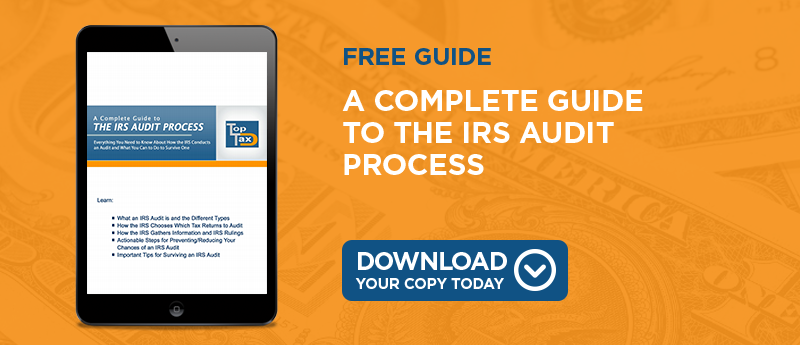
The prospect of an IRS audit is enough to frighten any American taxpayer. An audit is a lengthy, investigative process that examines every aspect of your financial history for the tax year in question. According to the findings, you may owe additional taxes, penalties and interest to the IRS. Here are 10 frequently asked questions about IRS audits.
Does the IRS Perform Random Audits?Yes. The agency resumed performing random audits in 2007. Nearly 50,000 tax returns are selected for random examination each year. Of these, only about 2,000 taxpayers will have to submit to a full audit.
Will I Have to Pay More Taxes?If your return contains errors or incorrect information, you will probably have to pay more taxes. Only about 25 percent of audited taxpayers will escape remitting additional tax.
Should I File a Return for This Year?Since the IRS can use the information from this year's return as evidence for or against you during your audit, it's probably best to file an extension for this year. After your audit has been completed, submit your current year's return.
Can I Speed Up the Process?No. Auditors can take up to 28 months (2 years, 4 months) to complete a full audit, so you'll have to be patient. On the other hand, if the 28-month period ends and your audit hasn't been resolved it will expire and you won't be required to continue the process.
Do I Have to Let the IRS Agent Into My House?No. Without an express invitation from you, agents cannot enter your residence unless they have a court order. However, if you've claimed a home office deduction on your return, the agent might void the deduction if he or she is not able to inspect the home office.
What if the Agent is Difficult?Try to see things from his or her standpoint. Instead of getting defensive, try to be reasonable and understanding of their job duties.
Can I Lose My Home Because of an Audit?It's unlikely. If you communicate openly with the IRS, the agency will probably not seize any of your assets, including your home. To seize your residence, the IRS needs a court order. If this rare occurrence happens to you, contact a tax resolution professional for help.
Should I Negotiate a Deal With the IRS?Possibly. You may be able to reduce your overall tax liability by applying for an Offer In Compromise on IRS Form 656.
Is There Any Way to Appeal the Audit Finding?You can appeal the audit findings by submitting a protest letter within 30 days after the audit is completed. This will grant you a hearing at which you can make your case.
Can I Be Charged With Fraud?Yes, but it's very rare. Only about two percent of audited taxpayers are charged with tax fraud. To be charged with tax fraud, you must owe at least $70,000 to the IRS.
If you're subjected to an IRS audit, you may be feeling nervous. By familiarizing yourself with these 10 FAQs about IRS tax audits, you can prepare yourself for this process. In addition a tax professional can help you with audit representation.




